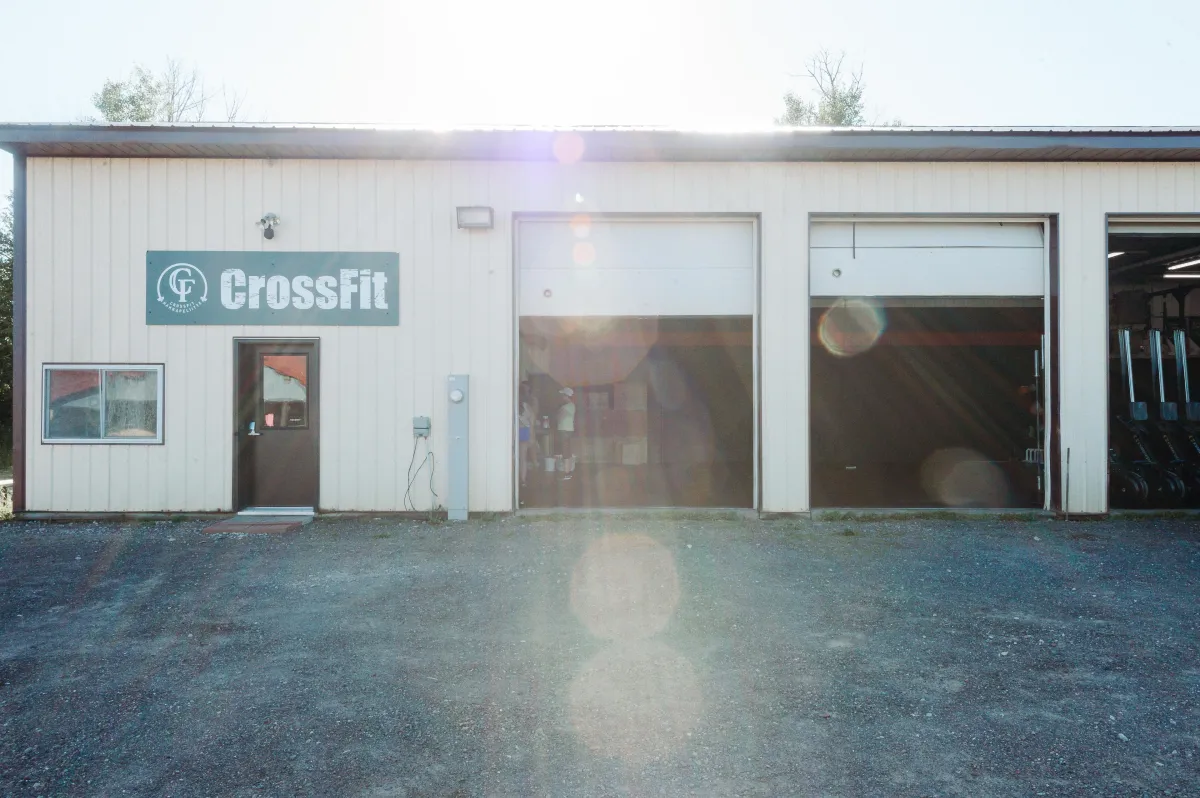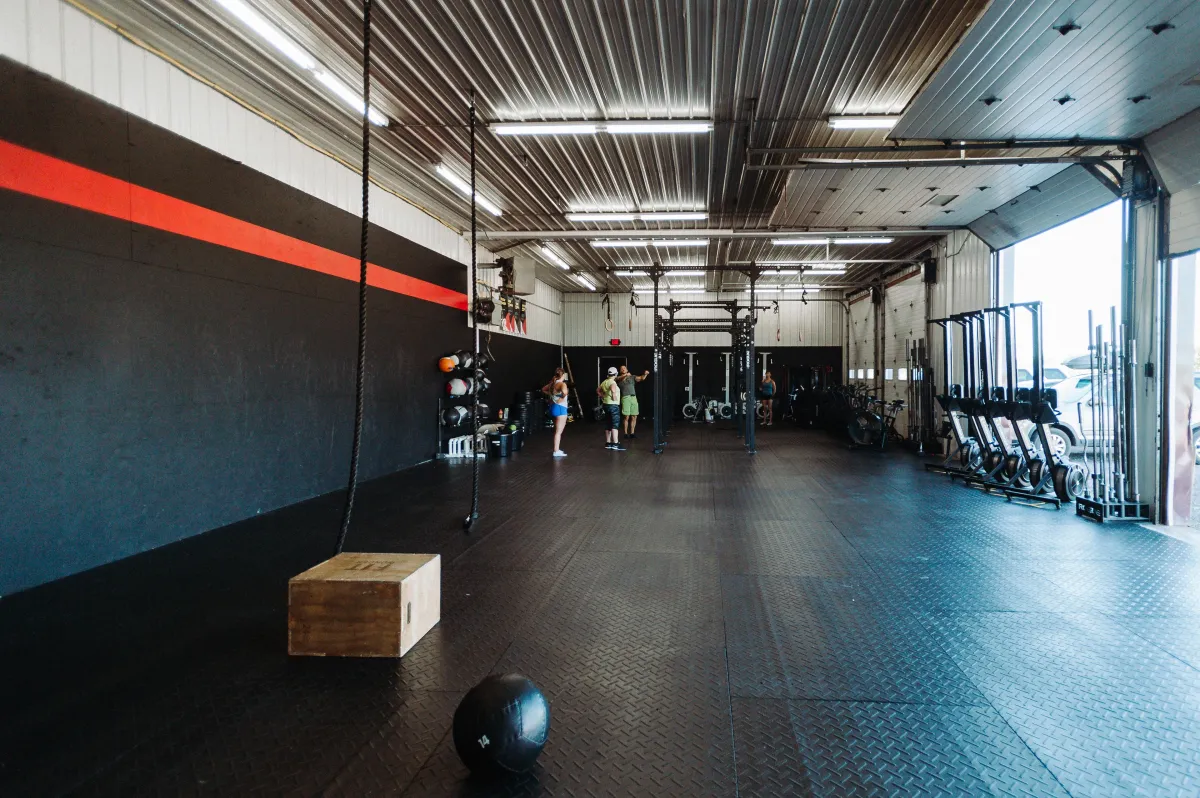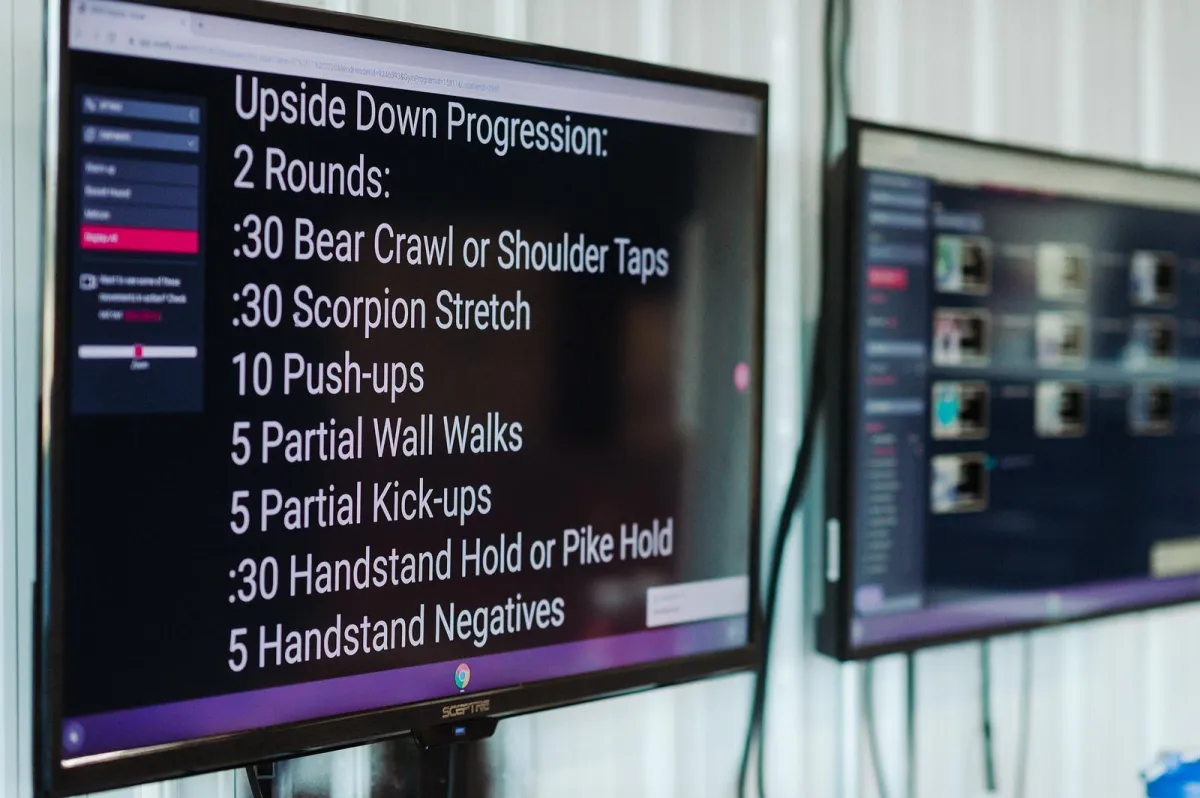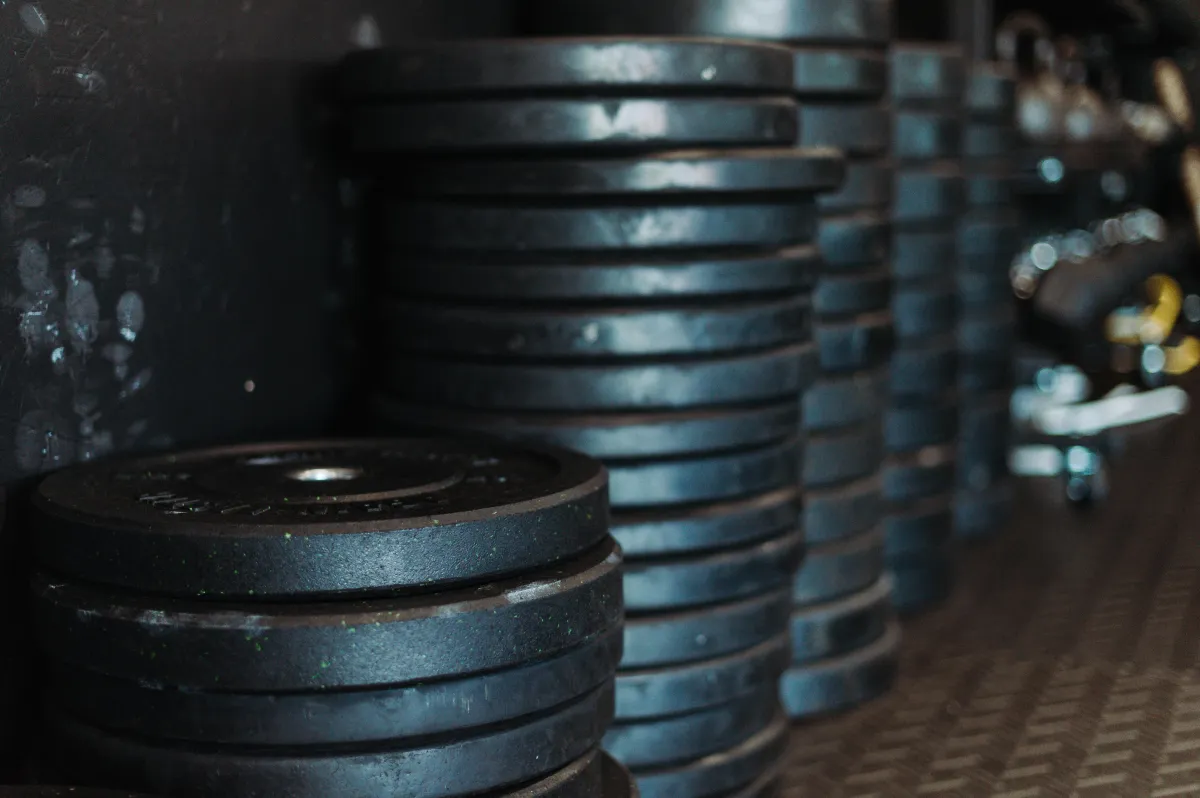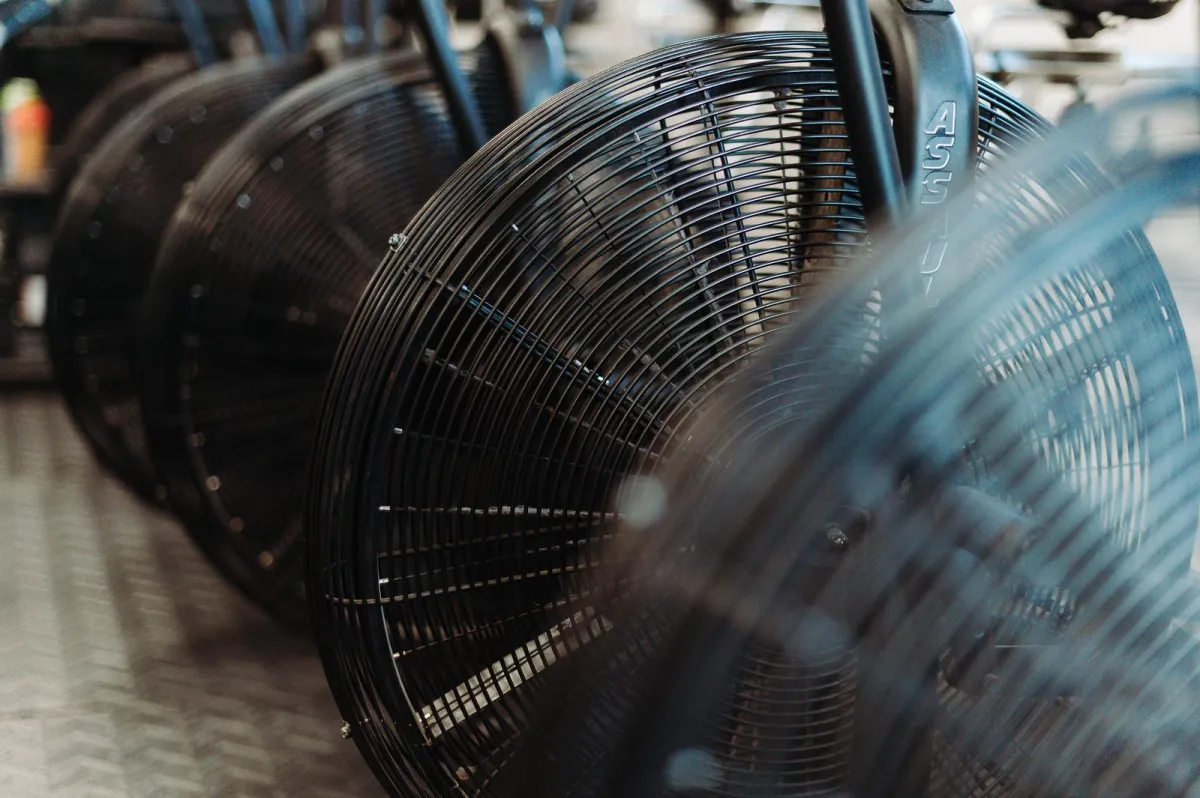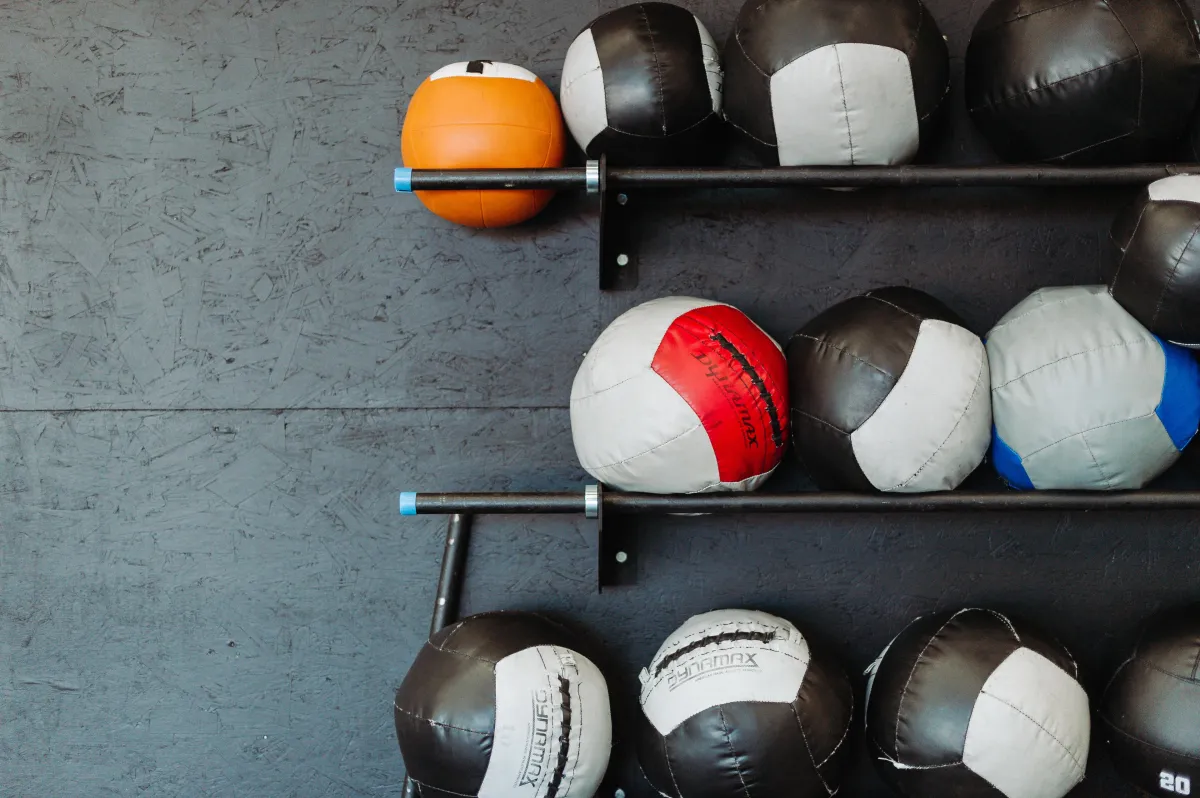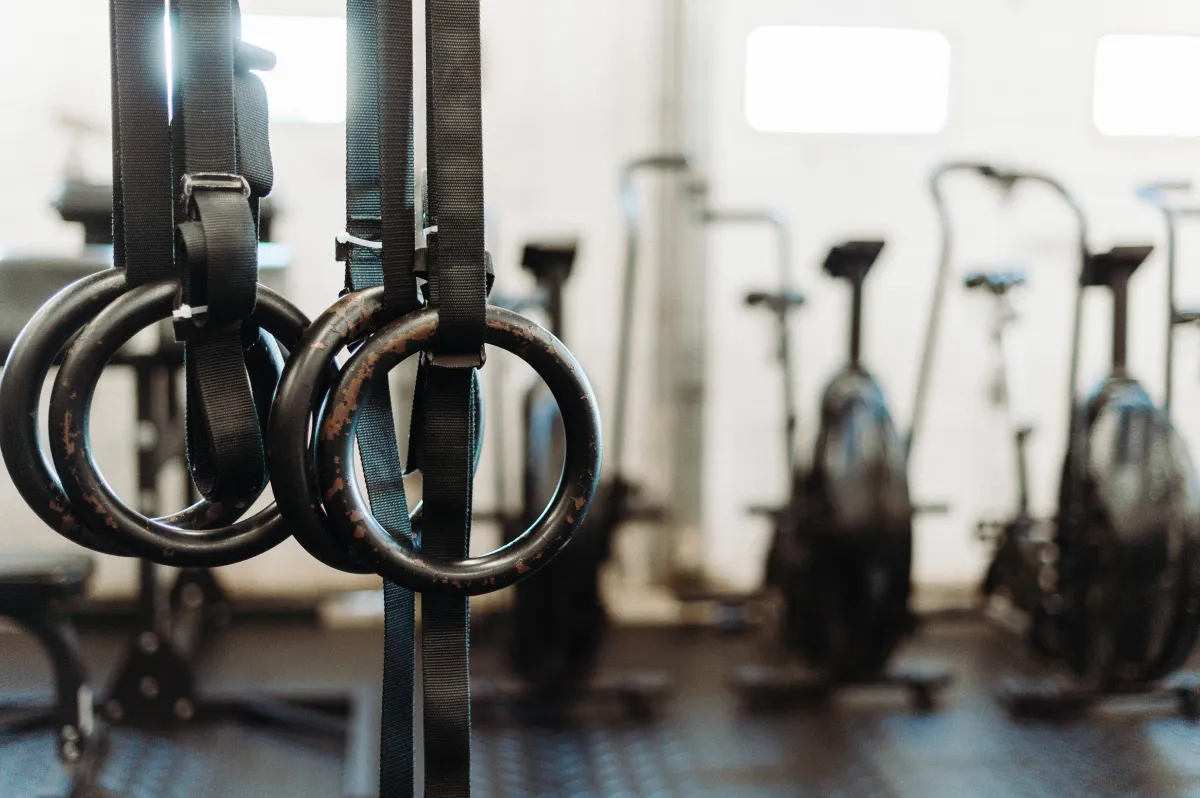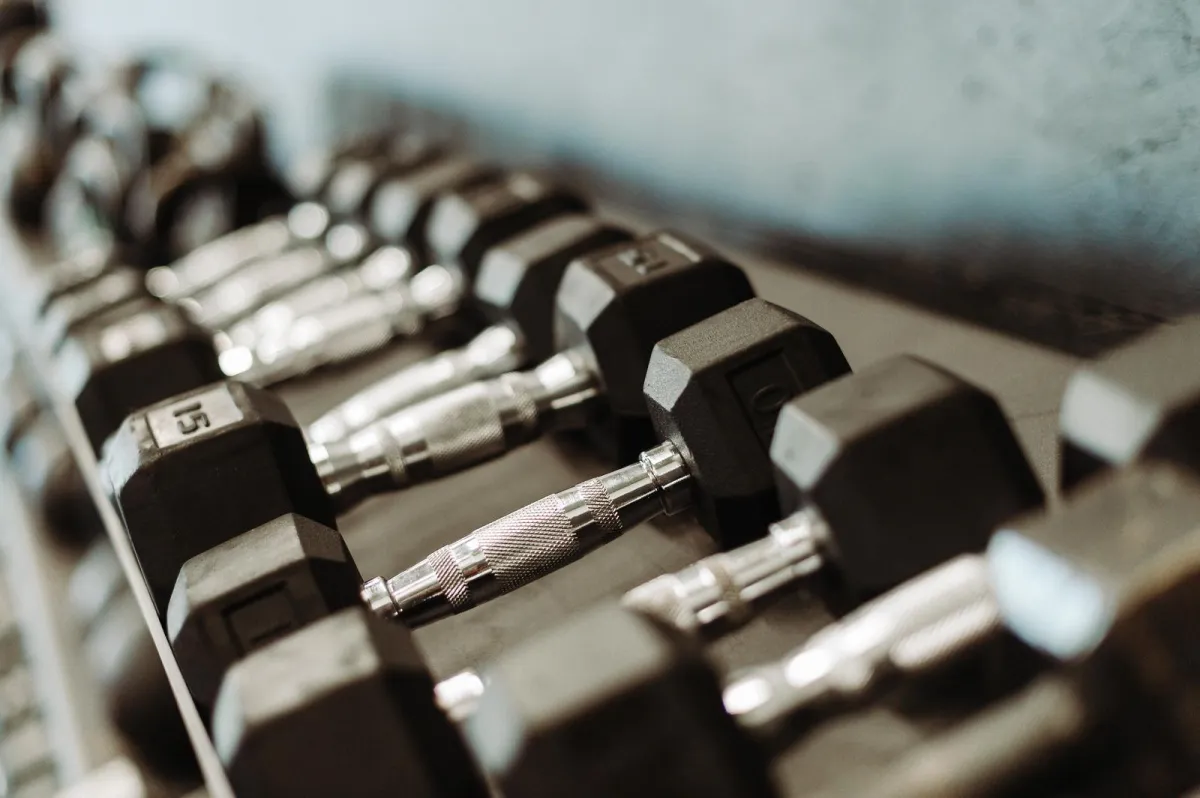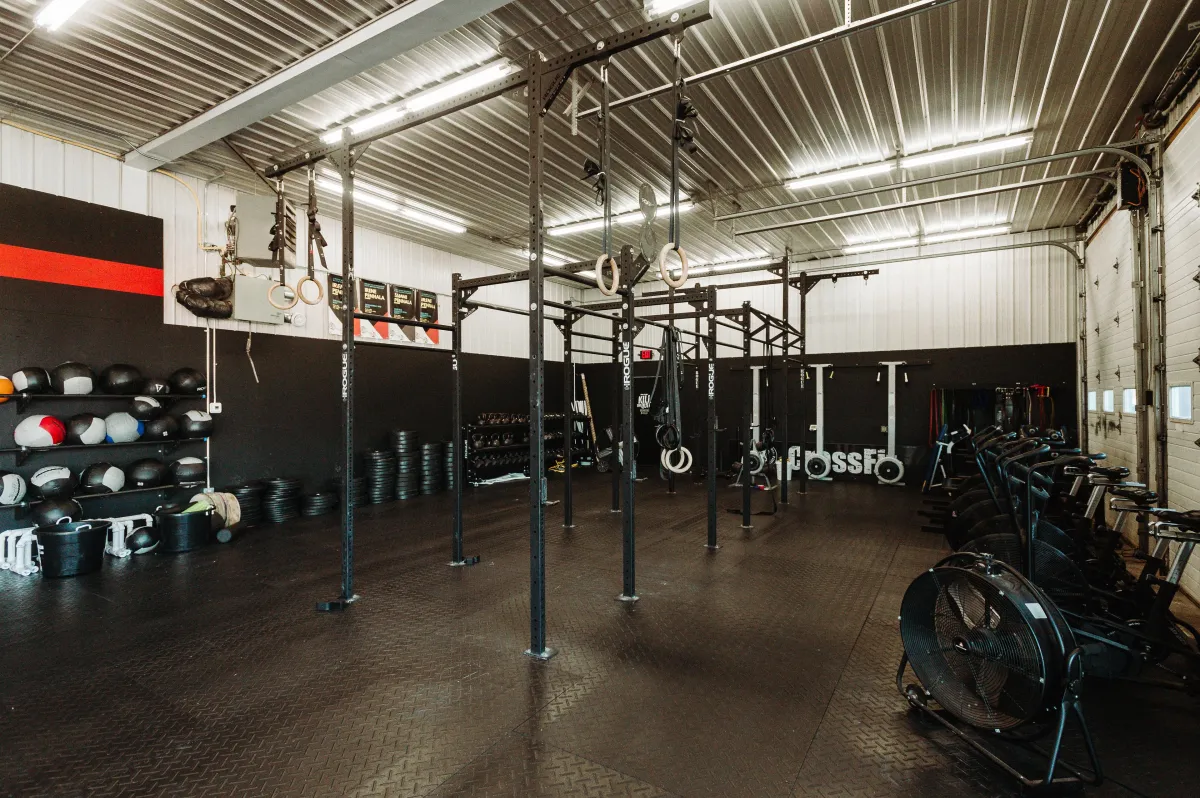Strength in Unity. Power in Progress. Sisu starts here.
Functional Fitness for All Ages
━━━━ ABOUT US ━━━━
Become Your Best Self Through CrossFit
At CrossFit Hakkapeliitta, our mission is to provide a challenging yet supportive environment to promote health, fitness, and fun regardless of your age or level of experience. We utilize the CrossFit methodology (constantly varied functional movements executed at high intensity) paired with elite coaching to help our members achieve their goals.
We have built a strong and welcoming community of over 100 members and we welcome you to join us!
PROGRAMS
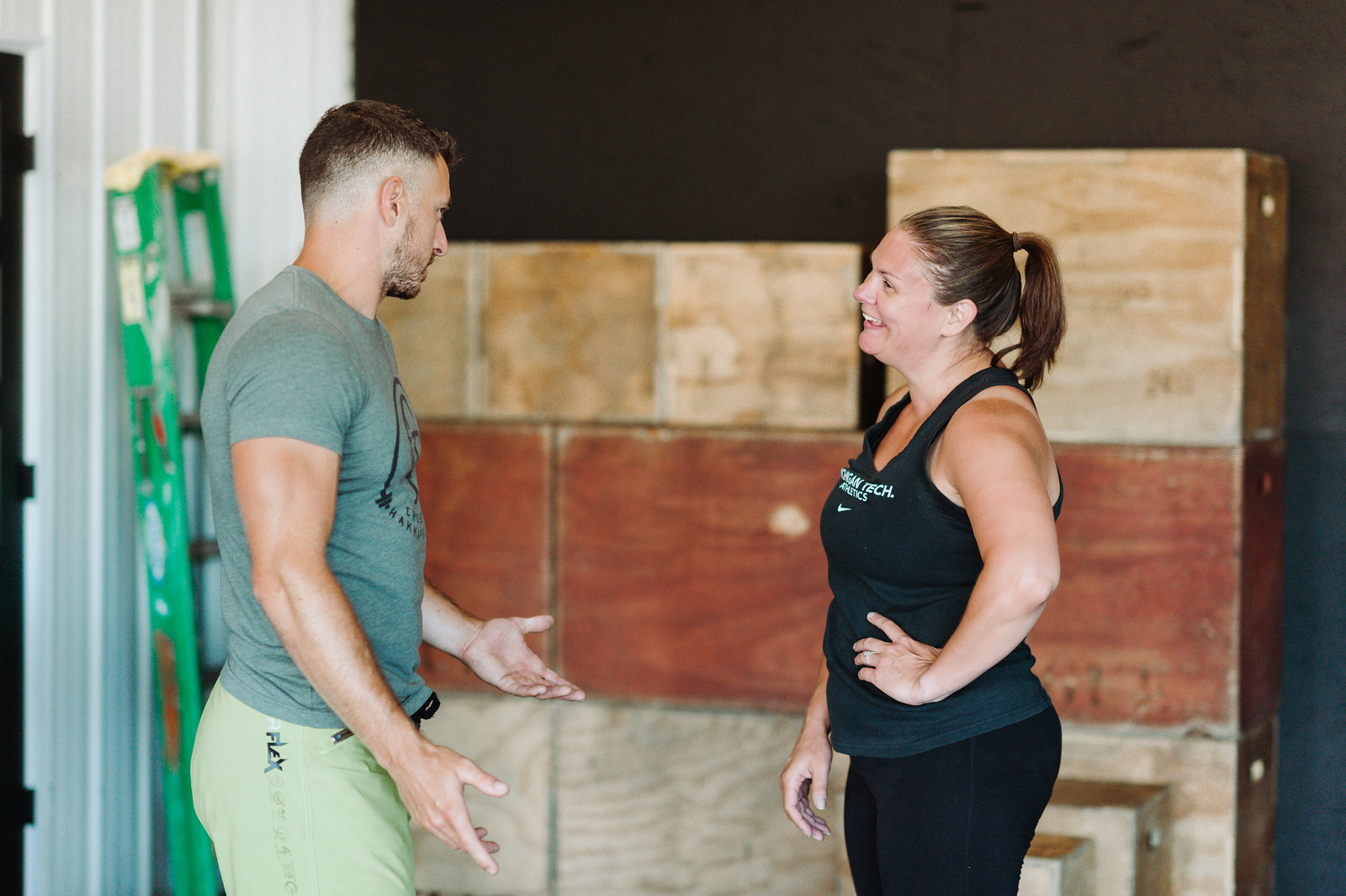
CrossFit On-Ramp
On-Ramp is where everyone begins their CrossFit journey. If you’re new to CrossFit this is where you’ll begin. During this introduction you’ll participate in 1:1 sessions where we’ll learn about you and your goals, teach you fundamental movements, and prepare you to safely and confidently attend your first group class.
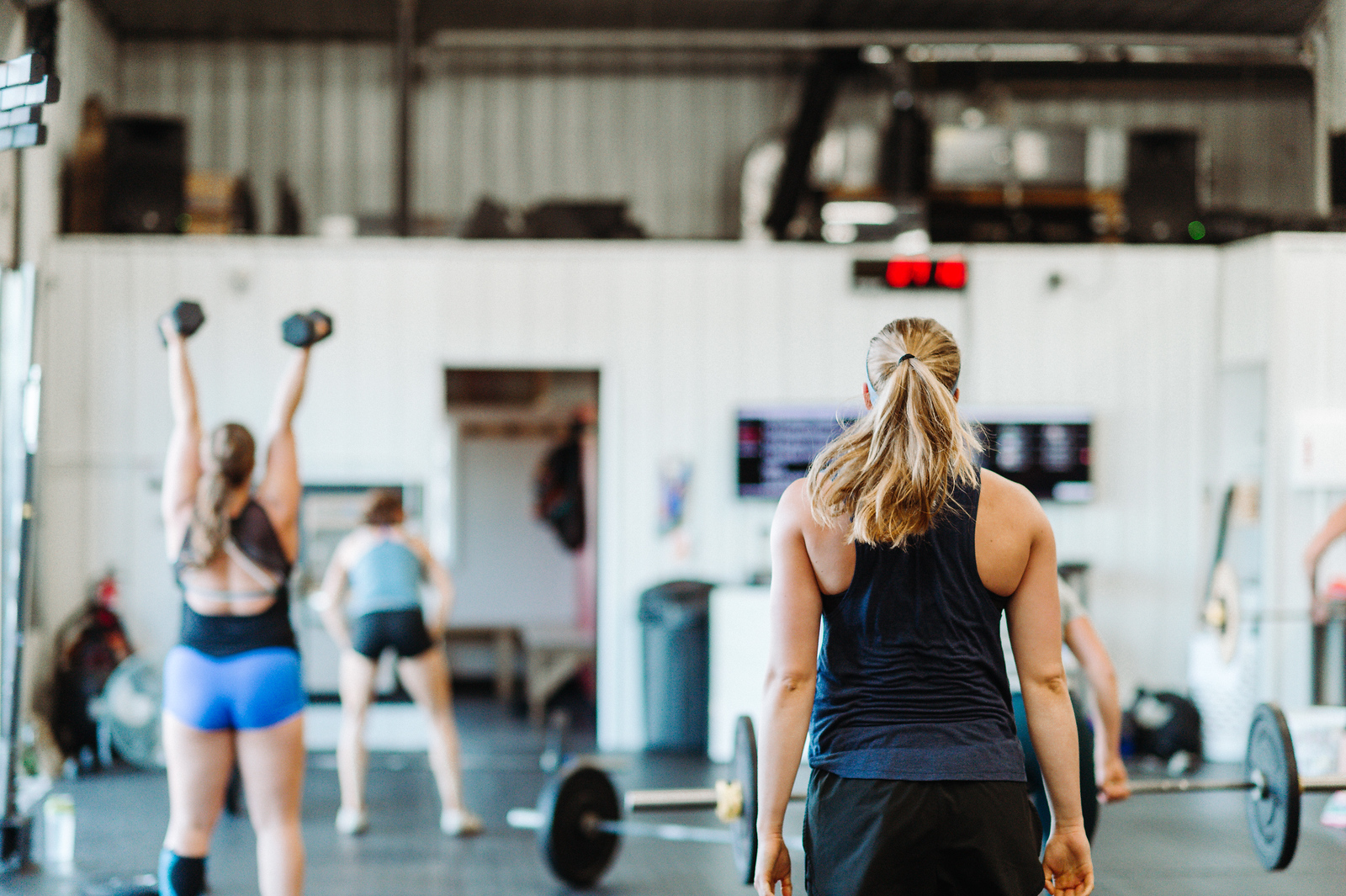
CrossFit
CrossFit by definition is “constantly varied functional movements performed at high intensity.” In everyday life this translates to general physical preparedness. Want to enhance your sports performance, ensure your mobility as you age, or simply build resilience and feel stronger both mentally and physically? If you answered yes to any of these questions, CrossFit might be a good fit for you. Fitness aside, we’ve got an incredibly fun and supportive community at CrossFit Hakk.
Ready to get started?
MEMBERSHIPS
CROSSFIT ON-RAMP
$150 - ONE TIME FEE
This membership includes four 1:1 sessions followed by your first official group class. On ramp is scheduled at your convenience between 9:30am and 3:30pm Monday - Friday. Once you register, our head coach will reach out to you directly to schedule your first session! On-Ramp has a 1-time fee and is required before you can join as a member.
Fundamental fitness education
Basic movement technique instruction
Introduction to CrossFit principles
Gradual progression to regular CrossFit classes

No contracts - cancel anytime
CROSSFIT
$125 PER MONTH
Our CrossFit membership includes access to unlimited classes from our skilled coaching staff. We currently offer 31 classes each week with several convenient times to choose from throughout the day (morning, midday, and evening). CrossFit is a recurring monthly membership.
High-intensity functional workouts
Expert coaching for personalized guidance
Varied movements targeting multiple muscle groups
Unlimited access to scheduled classes

No contracts - cancel anytime
ALL INCLUSIVE
$140 PER MONTH
All Inclusive includes everything our CrossFit membership does, but also gains you access to open gym between 4am and 10pm daily (excluding class times). If you want added flexibility to work on skills at your convenience or the ability to complete a workout you may have missed, this is a great option. All Inclusive is a recurring monthly membership.
Unlimited CrossFit classes
Build a serious fitness routine
Full access to our Open Gym hours
Become an engaged member of our gym community

No contracts - cancel anytime
VISITORS
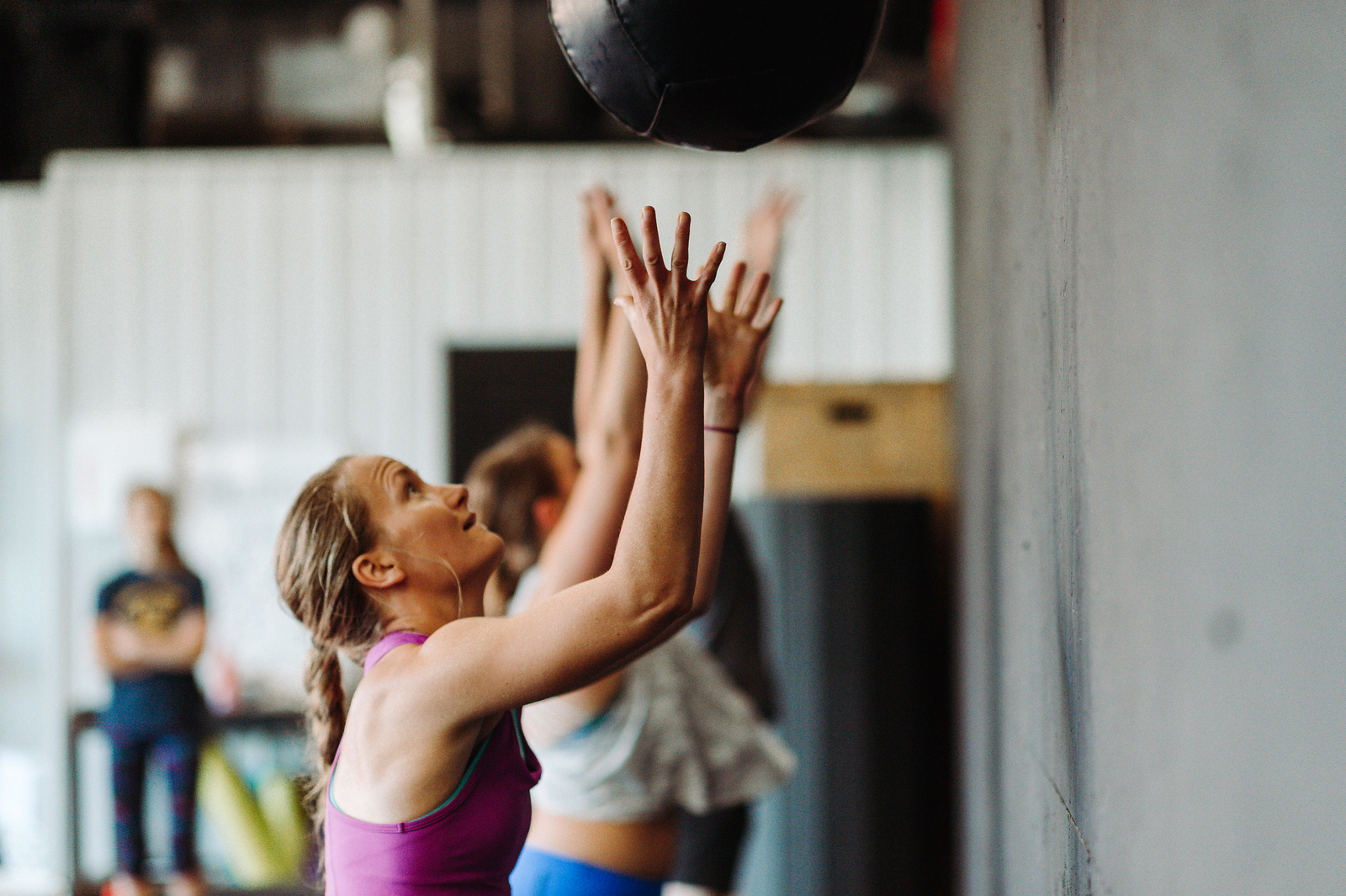
FREE TRIALS
At CrossFit Hakk we invite the general public to join us for a free trial every Saturday morning at 7:30am or 8:30am. No experience is necessary to participate, but we do require a reservation.
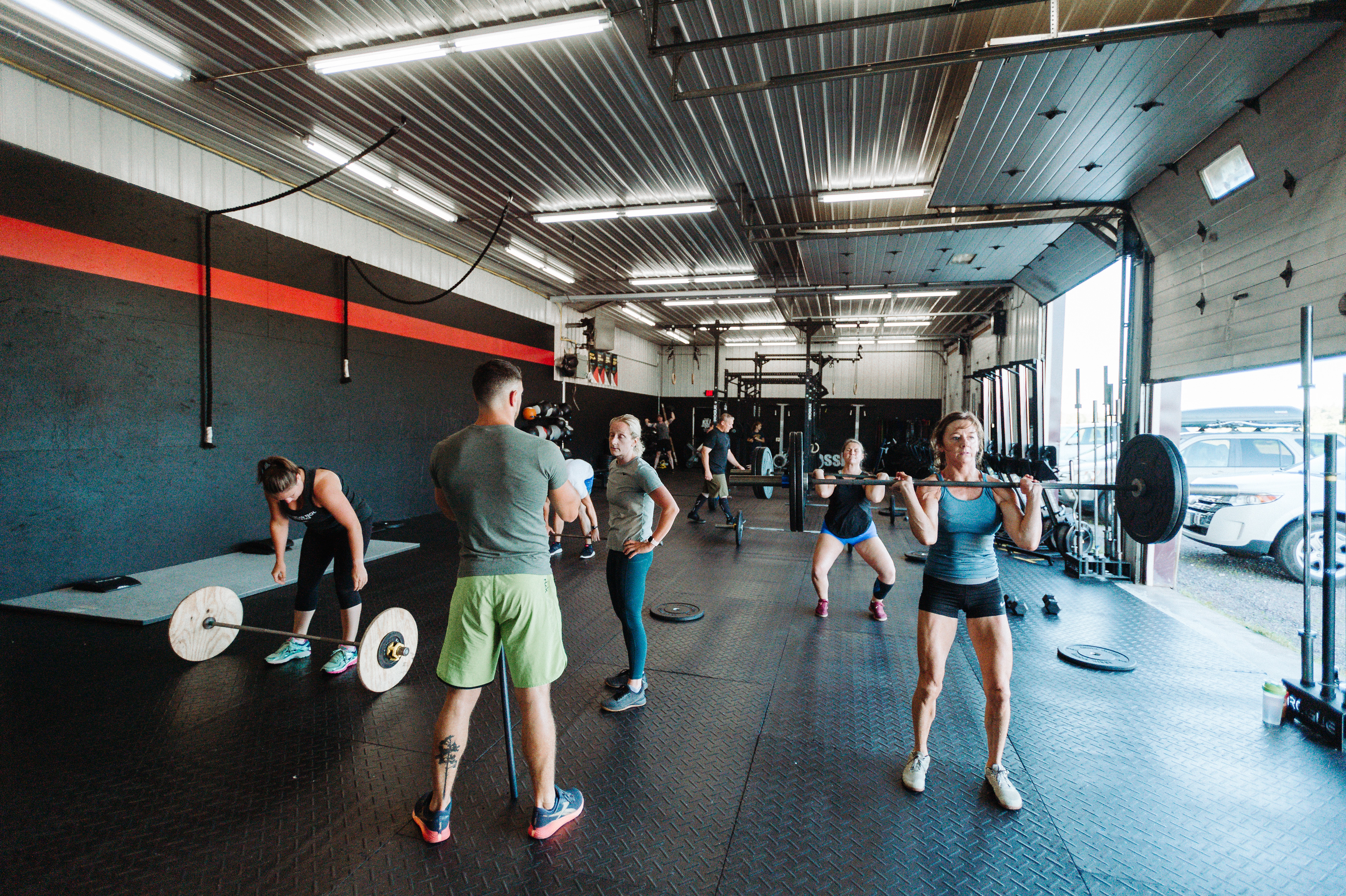
DROP INS
If you’re an experienced CrossFitter, we welcome you to drop in while you are visiting the area. Please register for a drop-in at the link below. This will take care of your waiver and fee so you can get right to work when you arrive. We look forward to meeting you!

OUR FACILITY
At CrossFit Hakk we have nearly 2,800 square feet of floor space. Five giant garage doors dominate the entire west wall of our gym and during the summer we commonly work out in an open-air environment. We have 6 squat racks, rowers, assault bikes, kettlebells, ropes, medicine balls, bands…the list goes on.
With equipment from Rogue, Concept2, Crossover Symmetry and more, we have everything you’ll need to meet your fitness goals. Last but not least we finish off our space with a lobby/storage area and multiple bathrooms/showers for your convenience.
COACHES
Our coaches are our greatest asset. Each of them has comprehensive training and a vested interest in you and your well-being. Learn about each of our coaches here:


Head Coach & Gym Manager
I started CrossFit in 2013 and have been coaching since 2014. My favorite aspect of CrossFit is its ability to make stronger, more capable human beings - people ready to handle whatever life and impulse throw at them.
My favorite part of coaching CrossFit is helping people get to that point. I am here to make you a better version of you!


I've been participating in CrossFit for twelve years and coaching for six. After wrapping up my collegiate downhill skiing career, I found myself really missing the drive, challenge, and pure competitiveness of the sport—so I found CrossFit. It’s been my way to stay strong, level up in gymnastics and mobility, and keep my balance.
The best part of coaching CrossFit is seeing the “firsts”—the look on an athlete’s face when they get their first pull-up or hit a PR. That moment of pride and confidence is unbeatable.


I have been participating in CrossFit since 2015 and coaching since 2021. I joined CrossFit to become a stronger runner, and not only was this goal achieved, but my overall fitness is better now than it was in my 20s and 30s. This improved fitness has carried over into other areas, improving my overall quality of life.
My favorite part about coaching CrossFit is being a part of such a positive and diverse community. Regardless of where we are on our fitness journey, we can work out together and support each other along the way.


I've been a CrossFit member for four years and a coach for over a year. I joined CrossFit to improve my health, and am happy to say that I am healthier now than I was in my 20s with consistency and hard work.
My favorite part about coaching is watching everyone hit their goals they set, whether it's strength or a greater range of motion! I love all the benefits CrossFit has to offer!


I have been participating in CrossFit since 2016 and coaching since 2023. I joined CrossFit because, as a former college athlete, it seemed like the perfect way to stay active while scratching my competitive itch - and it has been!!
I enjoy coaching CrossFit because I get to be a part of an awesome gym community and also have the front row seat to our members' successes!
Ready to train with the best?
Questions? Connect with the CrossFit Crew!
909 Evergreen Dr, Houghton, MI 49931, United States of America
(906) 299-3555
Mon-Sun 4:00 am - 10:00 pm
I Consent to Receive SMS Notifications, Alerts & Occasional Marketing Communication from CrossFit Hakkapeliitta by email/phone/text via traditional and automated services. Message frequency varies. Message & data rates may apply. I can opt-out at any time by replying STOP.


